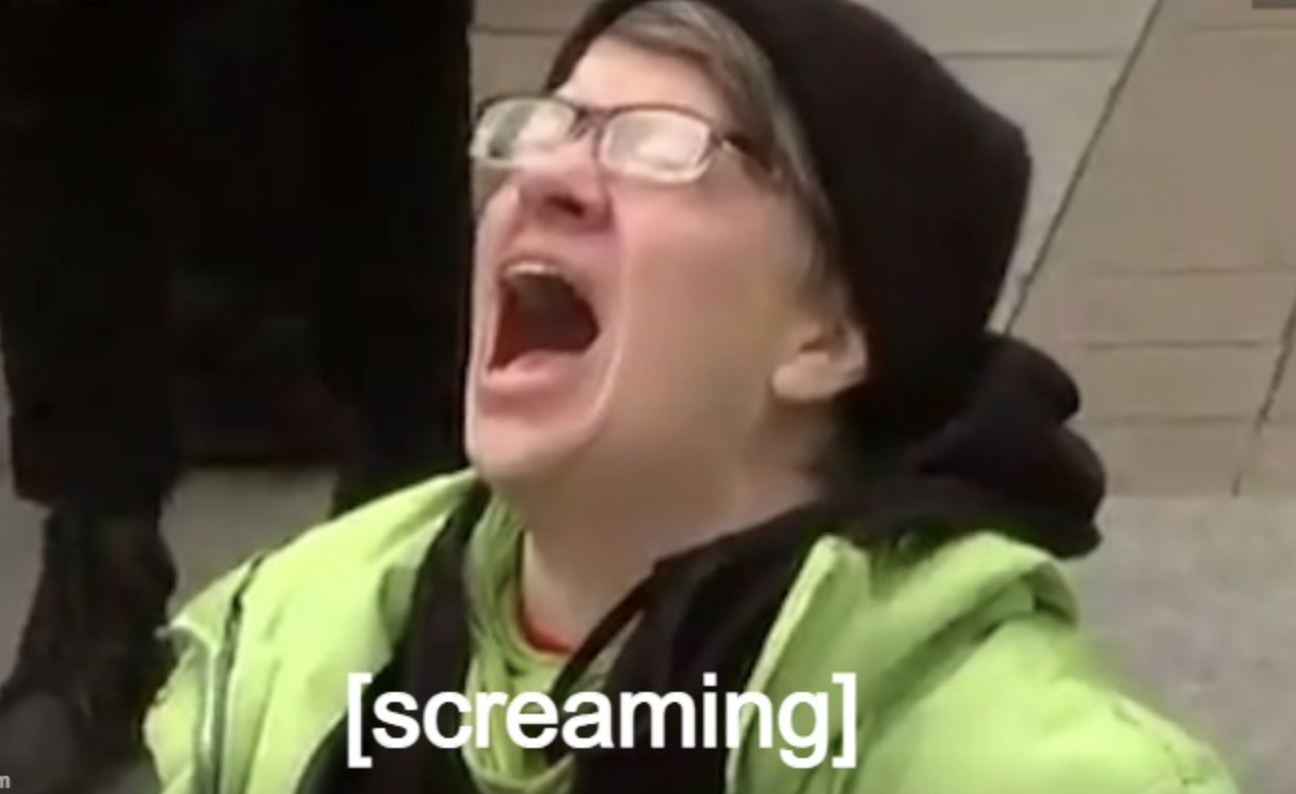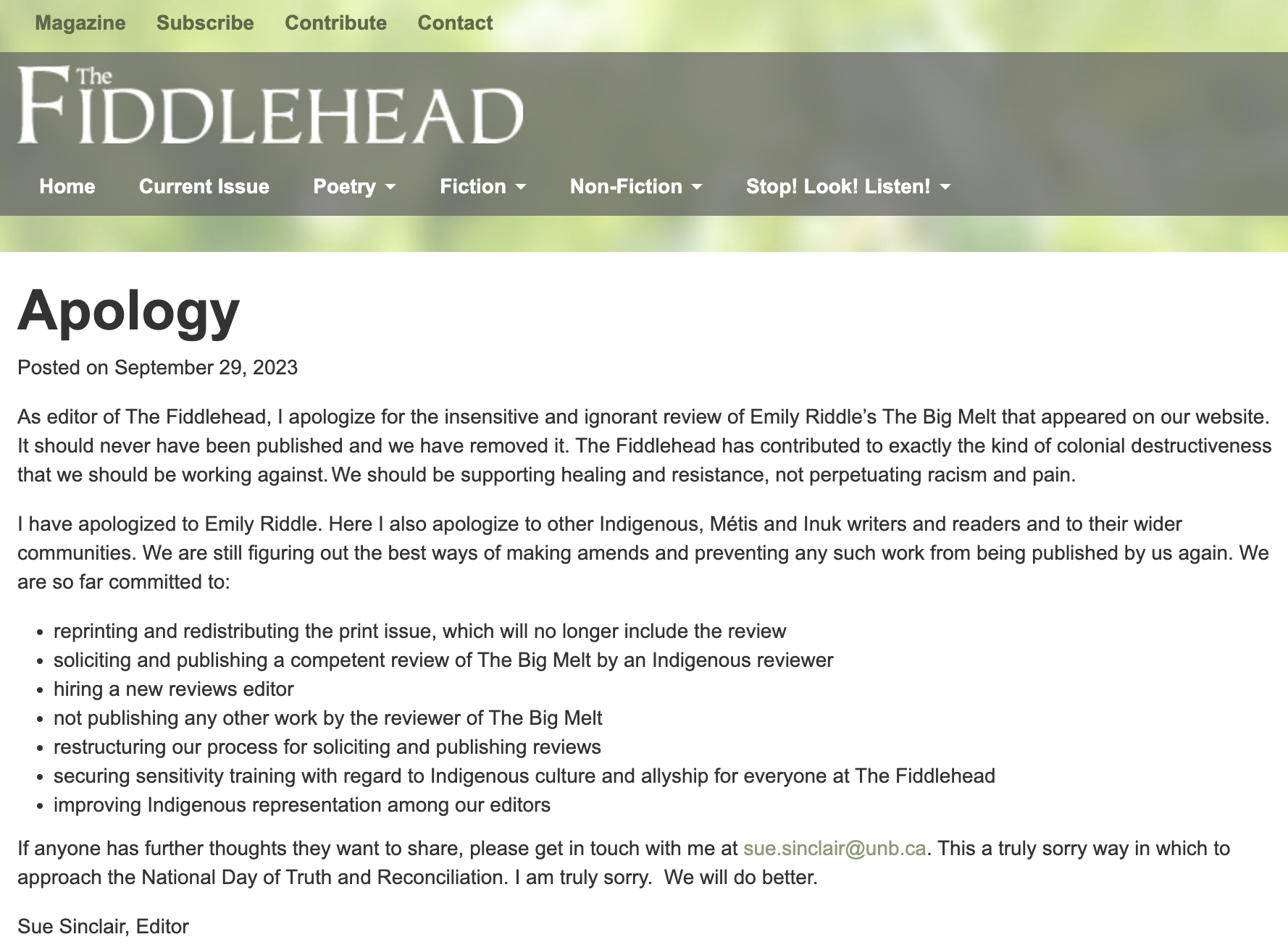Rob Taylor is the author of the poetry collections “Oh Not So Great”: Poems from the Depression Project (Leaf Press, 2017), The News (Gaspereau Press, 2016) and The Other Side of Ourselves (Cormorant Books, 2011). The News was a finalist for the 2017 Dorothy Livesay Poetry Prize, and The Other Side of Ourselves won the 2010 Alfred G. Bailey Prize. In 2015 Rob received the City of Vancouver’s Mayor’s Arts Award for the Literary Arts, as an emerging artist. He lives in Vancouver with his wife and son, where he coordinates the Dead Poets Reading Series. http://roblucastaylor.com
Bill Gates and Warren Buffett were both asked to write a single word on a slip of paper to describe the key to their success. They both wrote “focus”. You’re a prolific producer, the coordinator of the Dead Poets Reading Series, a blogger, and a teacher. Is focus the key to your production?
My wife just told me this evening, as I tried for the third time to install drapes in our new apartment, that my one redeeming quality was my perseverance. Ok, I added the “one redeeming quality” part, but I’m sure that’s what she was implying.
I do everything wrong. I promote when I should be writing, write when I should be promoting. I’m still only starting to understand how to be a person. I don’t focus well on each individual task – there is too much, all at once, and I haven’t yet learned to calm the noise – but I always keep moving forward toward my long-term goals (as a husband, a father, a community member, a writer), no matter how many times I have to adjust the damn crooked curtain rod along the way.
How do you manage your time? Do you compartmentalize? What area of your life is neglected as you focus on writing?
If I really need to write something creative (esp. a short story), my wife and I find a way to give me a whole day, unbroken, in which to do it. In the last year, I was only able to do this once, for a one-week period (yes, it was heaven), and in that time I did nearly all my writing for the year (of note: I’m the primary caregiver to a toddler. Finding writing time was notably easier before that development). All the rest of it – blogging, coordinating, editing, teaching – can (and needs to) be done in the margins: during my son’s naps, late at night, etc. So some forced compartmentalization happens.
My writing-related activities have suffered in the last few years, but not nearly as much as my creative output. I’ve been living on pre-baby writing, and will continue to do so for the next few years. I’m not really sure what will follow that.
Do these various writing-related activities compete with each other or complement one another?
Both. I learn from all of them – they force me to read, and listen, and consider, and sometimes respond. But I could also be in a cabin in the woods, reading and writing, and getting ahead that way (probably more productively, too, in terms of output).
I don’t do these things only for myself, though. That’s no way to live in your community. And they make me happy in ways that even writing can’t always.
Is it possible or even desirable for an artist to have a balanced life?
I don’t understand the term “balanced life,” when it comes to being a writer. We don’t work 9-5, we don’t retire, we can’t “switch off” and leave our work behind, as our work is our brains processing, our hearts pumping, the rhythm of our breath moving in and out of our lungs.
I want to live a life where I’m at peace, yes. But I’m not sure “balance” is the path to that. Perhaps a balance between what I release and what I hold on to. Between accepting mortality and its plans on me, and saying “No thank you, not today.”
What advice do you have for underperforming loafers who dream of someday living productive lives?
Don’t be writers comes to mind first. But that’s a joke coming from outside of myself, from an economic system which only deems certain activities “productive” and deeply undervalues creative work. Sometimes “underperforming loafers” are just writers doing their job well (i.e. “living productive lives”), but looking at themselves through others’ lenses.
If you consider yourself a loafer, but you’re always thinking, reading, writing, and giving back to your community, then the problem is out there, not in you (though the outside has managed to infiltrate your psyche). If you’re playing Xbox, of course, then turn the damn thing off and read a book.
I understand why writers escape, or loaf, or slack, in less-than-productive ways. Everyone watches cat videos in their cubicle, so why can’t writers in ours? And on top of that, being chronically undervalued for your work inevitably nudges many toward depression, and the mix of atrophy and escape that come with it. If that’s you, don’t be hard on yourself. Just try to do a little more today than you did yesterday. The breakthroughs where you outline your novel or write an amazing poem are earned off of all the days where you inched yourself a little further toward health and wellbeing, and through that, toward a full commitment to your art.
Have you ever struggled with procrastination? If so, how did you overcome this problem?
Yes, though mostly in terms of prioritization. I know I need to work on BIG PROJECT X so I do tiny projects a-w instead. I wrote my second poetry book, The News, while trying to avoid finishing my master’s thesis (a collection of short stories). And I wrote parts of my master’s thesis while trying to avoid finishing my third poetry book “Oh Not So Great”: Poems from the Depression Project, which will be coming out any day now.
As I said above, my best solution to procrastination has been the baby. I only get these little flashes of time, so I’ve learned to jump right into things when the opportunity provides. But it’s been a hard transition, learned on the fly and far from complete (he says, scanning Twitter between his answers).
What does a Canadian poet dream about in terms of success? How do we define success for a poet in Canada? Winning the Griffin? A readership of over 100? The respect and admiration of peers? Name recognition outside literary circles?
Ha! When I started as a writer I had two dreams: a published book and a poem on the buses here in BC (the Poetry in Transit program). I accomplished both of those, so I’m comfortably in the post-external-dream world where the only thing I am pursuing is the work itself: writing something that makes me happy, and that hopefully does the same for others.
I mean, look, of course I don’t want me or my family to starve. So an award with a big cheque would be grand (if anything, my desire for one – as financial rescue – has become far stronger since becoming a father). But none of that is really about the writing. The writing, and the emotional rescue that comes with it, is between me and the reader and no one else.
How do you split your energies between poetry and short fiction?
Poetry is how I think through my life. It’s a craft, for sure – it’s work – but it’s more so a place to explore and play and recharge. Fiction is similar, once I’m deep into it, but with a lot more scaffolding up front: more charts and graphs and five-year plans. I make specific time to write fiction, I map out what I want to do, and then I sit down and do it. Poems come when they come, and sitting down at a set time to write one from scratch is a torture (so I don’t bother).
I guess another way to say it is that I turn to fiction to wonder over big ideas in my life, but I turn to poetry to save it.
Is anyone pestering you to write a novel? Do you have any interest in doing so? Is there any other path to commercial viability? For every poet making a living exclusively from book sales, there are twenty novelists doing the same. That’s a stat I just made up. Does it sound likely?
No, your stat is terrible. I’d say it’s more like 400 to 1. And literally just 400 and 1 (Rupi Kaur… oh hell, probably Mary Oliver and Billy Collins, too). Ok, 400 to 3. Even most great literary novelists suckle on a University’s teat from time to time. Some love to teach, I’m sure, but 3/4s would be out of there overnight if a fat royalty cheque dropped in their lap.
No one is pestering me to write a novel. I’m thinking about it on my own, because having now written short stories (which grew from being, on average, 2 pages long, to 35+ by the time I’d finished the manuscript), it’s beginning to seem possible. A new canvas, you know, and I’ve got all these honking big cans of paint lying around.
But if one comes, I don’t expect it to help me much in terms of “commercial viability.” I don’t think about “commercial viability” too often. I mean, yes, as I say above, I dream sometimes of the big cheque dropping out of the sky. It would be nice. But I can’t write it into being, and writing with that in mind only leads to a distorted vision and inevitable disappointment. If it isn’t a best seller or an award winner, then what am I left with to be proud of? And even if it is, what have I really accomplished?
What does a writer owe society?
As a writer? Nothing. As a human being, every last thing they’ve got.
What does a writer owe other writers?
The world of writers is a sub-community within larger communities, and my sense is that we owe each other what all community members owe one another: respect, space, communication, support. So in our case that manifests as reviews, interviews, reading series, literary organizations, good ol’ fashioned friendship, etc. But you don’t have to do all of it. Just give what you’ve got, when you can, where you can.
That said, whenever I do a little more than I thought I could manage, I’ve been rewarded for the effort in my own creative work. Thinking hard about others’ books, making space for writers to share their work, bringing writers together in the same room – all of these have generative payoffs.
But even as I write that last paragraph, I realise I’m sounding like a PBS pledge drive (For $100 we’ll send you all four albums and a tote bag!). For god sake, just be kind and generous to the people around you. Do it for the other people, and don’t worry about the tote bag. Being a good writer is just part of being a good person: focus on the person and the writing will come.
The Internet’s potential for branding and promotion seems pretty clear, but what about as a sales portal? If your social network is large enough, why not avoid the gatekeepers of the literary world and publish your own work?
For me, making a book the best thing it could possibly be requires a number of collaborators: an editor (usually more than one), a publisher, a designer, and all the individual magazine editors along the way who praised and pushed and prodded various pieces. So traditional publishing has worked for me. I may have made a bit more money self-publishing my books, but they would have been worse books. I could make more money working at Starbucks, so why would I sacrifice the quality of my books for a little more profit? That doesn’t make sense to me.
My main question, when someone asks me about self-publishing is “Why?” If they don’t like rejection, if they don’t want an editor tinkering with their writing, if they’re too impatient to wait for a press to get the book out there, well, those are all lousy reasons. That’s them running away from the hard work of making a book, and of being honest with themself about their book’s deficiencies.
But if they think they have a better path to an audience, and to the money that theoretically (can’t emphasise that word enough) accompanies it, and they’re still ready to go through all the work and hard questions that come with preparing a book for publication (including scrapping large parts of it, or the whole thing), then yeah, sure, go for it. I dunno. Does anyone know anymore? Instagram poets have blown this thing wide open.
Struggling artists move to poor areas. Those areas become cool because the artists are there. Rich people start buying properties and developing those areas because of the cool factor. Prices spike, driving the artists to other areas. This is a cycle of gentrification that I’ve heard described, but I’m wondering if it’s too simplistic. There’s no shortage of artists in New York City, despite what prices have done there. Do you think this kind of gentrification is happening to Vancouver? In a city where real estate sells for 37 times income, where do starving artists move to find refuge? Nelson? A small prairie town? Nova Scotia?
As I mentioned above, my family is currently in the process of moving to the suburbs because we could no longer afford to live in Vancouver. So yes, something is happening (though I blame mountains, ocean, fresh air and Olympics for making Vancouver “cool,” not the artists). You can move just about anywhere; whatever fuels you, I bet it’s a lot goddamn cheaper than Vancouver. I’d be in a cabin on an island somewhere, with a beard down to my knees, if staying close to family wasn’t a priority.
You have a variety of venues to promote yourself and your work. Which is the more powerful tool, face-to-face contact or the Internet?
I hesitate to call them tools. Most people who know me from the internet know me via the blog. Perhaps now a few people through Twitter. But I don’t think in my case that stuff leads to a lot of book sales. It does help break the ice at social events (“Oh, I read so-and-so on your blog…” and we’re off and running), but even there the most powerful “tool” is still face-to-face human interaction. “Look at that tool!” people shout when they see my face, so I must be doing something right.
Many of the writers I interview absolutely hate social media and self-promotion. Your blog, Roll of Nickels, proudly announces “blatant self-promotion since 2006”, so I’m glad to see you’re okay with it.
I’m actually pretty uncomfortable with promotion, too. The tagline is really part of that awkwardness – I hate asking people to buy my stuff, so I try to be as direct as possible that that’s part of the deal. Otherwise it feels like I’m tricking people, like a bait and switch, which I’m even less comfortable with.
Are marketing and artistic creation on opposite sides on the spectrum of human activities, or can these things work well together?
Both? I think the marketer and the artist look at the world differently, and I find it very hard to create new work when I’m promoting something I’ve just published. At the same time, I create my writing so it can be read, and so the writing and promotion feel like parts of one long act of creation. I have yet to figure out how to reconcile those sentiments.
I’ve heard it said that writers should take courses in marketing instead of creative writing? There’s a logic to that. A writer is inevitably put in the position of trying to sell something. What do you think?
No, I say put your energies into being a better writer. You can control improving the quality of your book, but you can’t make people buy it. No matter how many marketing courses you take, your book may or may not sell. But if the book’s better, that’s a gift to yourself and your reader (and, maybe, hopefully, will help sell the thing, too).
I mean, of course, sure, take all the courses you want, in whatever you want. I’m just saying that at the end of the day, if your goal isn’t to write the best book you possibly could, down to the last syllable, then what the heck are you doing being a writer in the first place?





Leave A Comment